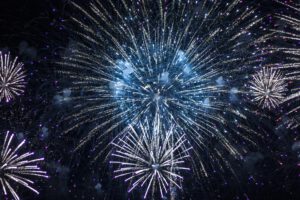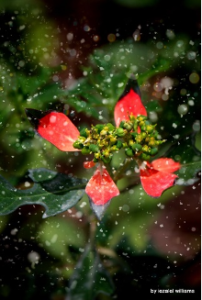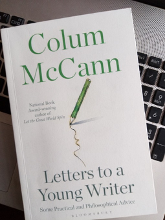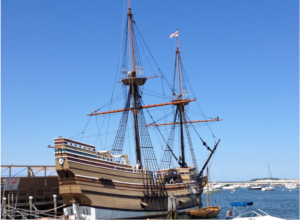By Maria Moss
Project seminars are always challenging. Since they involve more work than a traditional seminar, they often attract those types of students who enjoy a good challenge and want to create something lasting. During the summer semester 2020, it was no different. Well, at least during the planning phase. But then Covid-19 hit. Within three weeks, we had to transform our seminar to remote learning. There was much to learn, and the ecocritical project I had envisioned took a major detour into the unknown. Originally, I had planned – as I had done in past semesters – to have students create different projects on campus or in and around Lüneburg, for example guerilla gardening or various installations (for which we often needed the university’s permission). However, during a lock down in which we were only supposed to leave our homes to go to work, the doctor, or the supermarket, I quickly knew that tried-and-true recipes for a successful project seminar would not work. So what could we do?
Well, it wasn’t long after explaining the predicament to my students that they came up with an idea. And a great idea it was.
Read more »










